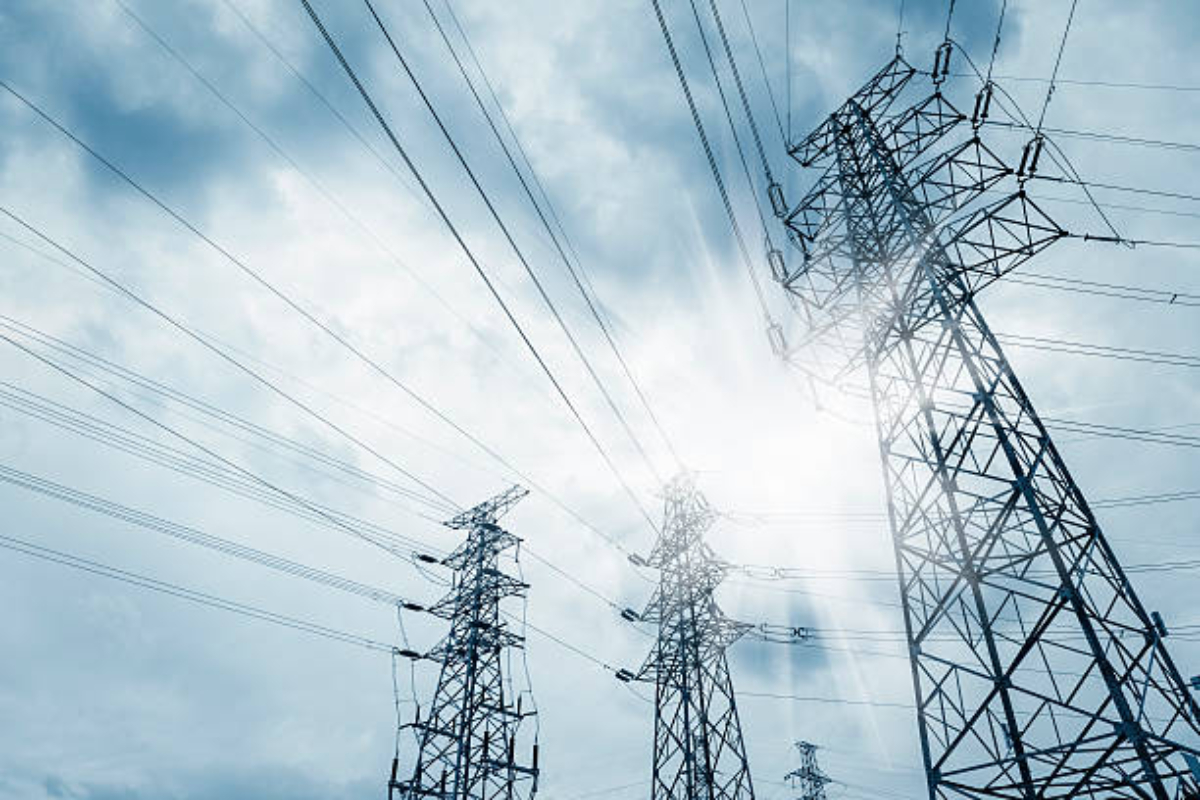The Tripura government has stated it will continue to supply power to Bangladesh and that the discontinuation of power supply to the neighbouring country will only be considered if the state encounters a severe power crisis. This decision comes despite the Bangladesh government’s outstanding dues, which have now exceeded Rs 150 crore.
In 2010, a bilateral power purchase agreement was signed between the Tripura State Electricity Corporation Ltd (TSECL) and the Bangladesh Power Development Board (BPDB).
Advertisement
According to this agreement, TSECL is obligated to supply 100 MW of power to Bangladesh. However, currently, Bangladesh is receiving an average of 90 MW of power from Tripura.
During a press conference on Tuesday, Ratan Lal Nath, a senior official, reaffirmed that TSECL will continue to honour the power purchase agreement (PPA). He emphasised that the issue of discontinuing power supply would only be considered if Tripura faces an acute power crisis.
Debasish Sarkar, the Managing Director of TSECL, highlighted the financial strain caused by the overdue payments from BPDB.
The pending bill has now surpassed Rs 150 crore. Sarkar noted that efforts are underway to resolve this financial issue and ensure that BPDB settles its dues.
Over the past year, Bangladeshi authorities have struggled with timely payments, leading to a substantial increase in the outstanding amounts owed to Tripura.
This financial strain has complicated the power supply arrangement, with TSECL having reported a decline in power generation from Tripura-based plants by 60 to 70 megawatts.
Consequently, TSECL has had to procure electricity from external sources to meet its obligations.
Minister Ratan Lal Nath also underscored that cutting the power supply to Bangladesh at this juncture could negatively impact trade relations between the two countries.
He pointed out that such a move would not only affect the power supply but could also have broader economic repercussions.
Bangladesh imports a total of 1160 MW of electricity from India through state contracts. This includes 1000 MW from West Bengal via the Bheramara High Voltage Direct Current (HVDC) Interconnector and 160 MW from Tripura through TSECL.
Despite the agreement, TSECL has been supplying less electricity than stipulated in the contract for nearly a year, reflecting the challenges in maintaining consistent power generation and supply.
As Tripura navigates this complex situation, the government remains committed to fulfilling its power supply obligations under the existing bilateral agreement with Bangladesh.











